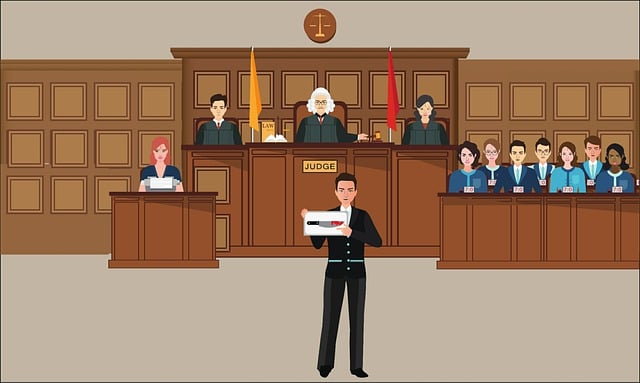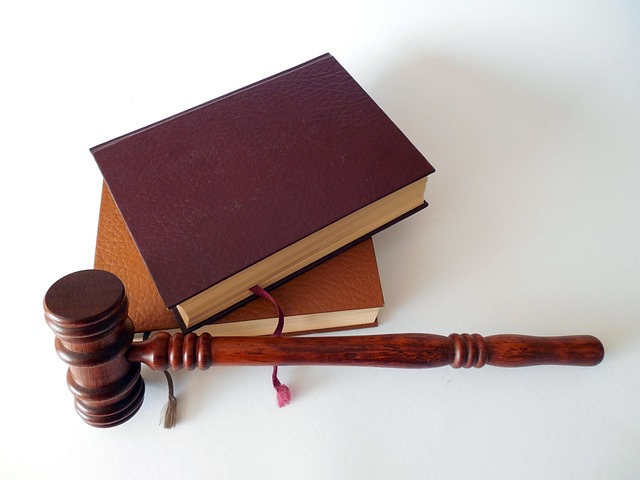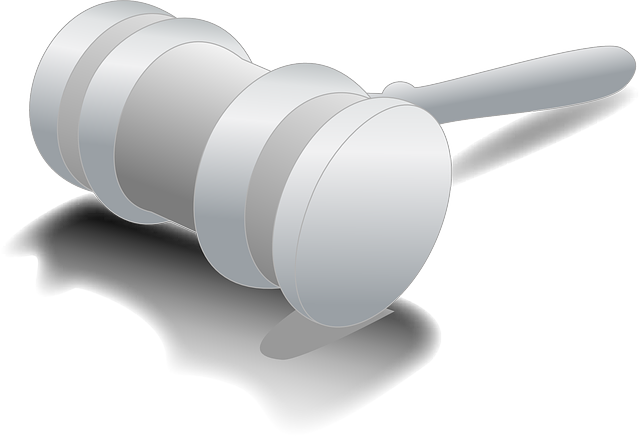Public corruption cases face unique legal challenges, distinct from other crimes, with specific appeal and post-conviction relief processes. Appeals focus on procedural fairness during trial, aiming to rectify errors like evidence mishandling or jury instructions, potentially leading to verdict reversals. Post-conviction relief addresses issues not previously considered, such as ineffective counsel or new evidence, allowing for broader challenges to final convictions. Both require strategic legal expertise, but understanding these differences is crucial for effectively navigating the complexities of public corruption cases and ensuring justice.
Public corruption charges carry severe consequences, impacting not just individuals but societal trust. Understanding the nuances between appeal processes and post-conviction relief is crucial for anyone facing these accusations. This comprehensive guide explores key differences between appeals—where accused individuals challenge their guilt—and post-conviction relief, which focuses on errors in the initial trial process. By dissecting rights, procedures, and available options, this article equips readers with vital knowledge to navigate these complex legal landscapes effectively.
- Understanding Public Corruption Charges: A Comprehensive Overview
- The Appeal Process: Rights and Procedures for Accused Individuals
- Post-Conviction Relief: Exploring Options After a Conviction
- Key Differences: Navigating Appeals vs. Post-Conviction Relief
Understanding Public Corruption Charges: A Comprehensive Overview

Public Corruption Charges refer to allegations of misconduct by public officials or individuals in positions of power who abuse their authority for personal gain. These cases involve a wide range of illicit activities, from bribery and embezzlement to fraud and coercion. Understanding these charges is crucial as they differ significantly from other criminal offenses. For instance, the process and outcomes can vary greatly between appeals and post-conviction relief, which offer avenues for those convicted to challenge their sentences or seek new trials.
Across the country, cases of public corruption have led to some notable convictions and even complete dismissals of all charges. However, navigating these legal complexities requires meticulous attention to detail and a deep understanding of the law. Unlike some crimes where plea bargains are common, public corruption cases often proceed to trial due to the high stakes involved. This ensures a thorough examination of evidence and adherence to legal principles, but it also increases the complexity and length of the process.
The Appeal Process: Rights and Procedures for Accused Individuals
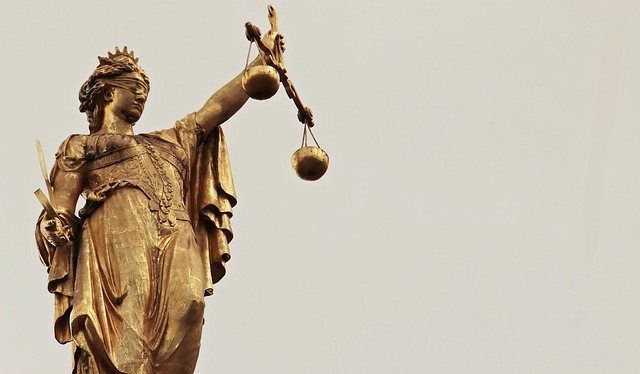
When facing public corruption charges, understanding the appeal process is crucial for accused individuals seeking to protect their rights. The Appeal process offers a chance to challenge the verdict and sentence, allowing for potential reversals or modifications. This differs significantly from Post-Conviction Relief (PCR) mechanisms, which are typically used after a conviction to review errors that weren’t previously addressed.
While PCR focuses on correcting judicial errors, appeals address broader issues like procedural flaws during trial, ineffective assistance of counsel, and the admissibility of evidence. The appeal process involves several steps, from filing a notice of appeal to submitting legal briefs and attending oral arguments. It’s crucial for accused individuals to seek competent legal counsel who can navigate these complexities, ensuring their respective business, philanthropic, and political communities are represented fairly and that any potential injustices are addressed in an unprecedented track record manner.
Post-Conviction Relief: Exploring Options After a Conviction

After a conviction for public corruption charges, individuals often explore options for post-conviction relief, seeking to understand their legal avenues for appeal and potential reversal. It’s crucial to distinguish between an appeal and post-conviction relief, as they serve different purposes in the criminal justice system. An appeal typically challenges the procedural fairness of a trial or the weight of evidence presented, aiming to overturn a verdict based on legal errors. On the other hand, post-conviction relief delves into issues that were not previously addressed, such as ineffective assistance of counsel, newly discovered evidence, or errors in sentencing.
For those involved in high-stakes cases, like white collar defense, understanding these options is vital to avoiding indictment or mitigating sentences. Navigating the complexities of post-conviction remedies can be a strategic move in managing legal outcomes, especially when dealing with sensitive and intricate matters. This process involves careful analysis of case law, procedural rules, and specific facts to craft effective arguments for relief.
Key Differences: Navigating Appeals vs. Post-Conviction Relief
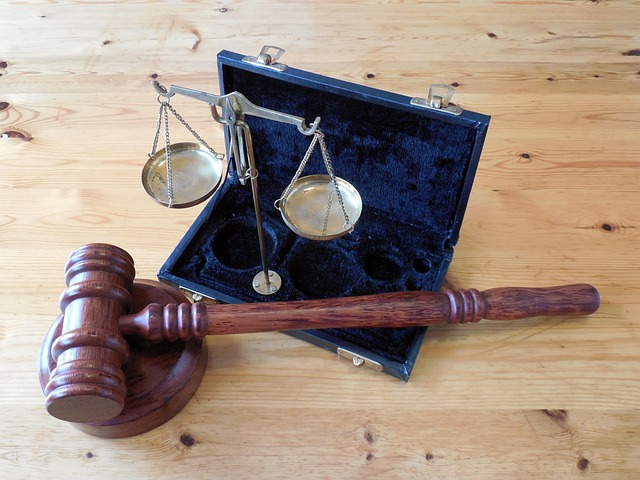
When facing public corruption charges, understanding the key differences between navigating appeals and post-conviction relief is crucial for anyone looking to advocate for their rights or those of their clients. While both paths involve legal challenges, they serve distinct purposes and operate within different procedural frameworks.
An appeal typically focuses on reviewing a case that has already been decided at trial. It involves arguing that errors were committed during the jury trials, such as improper admission of evidence or misleading instructions to the jury, with the aim of overturning the conviction. In contrast, post-conviction relief is a more direct route to challenge a conviction after it has become final, often relying on newly discovered evidence or claims of ineffective assistance of counsel. Unlike appeals, which must be initiated within specific timeframes, post-conviction relief allows for a broader range of timing options, providing a potential avenue for avoiding indictment and securing justice for his clients.
Understanding public corruption charges and navigating their legal complexities is crucial for both accused individuals and society at large. By comprehending the distinctions between appeal processes and post-conviction relief, we can ensure fairness within our judicial system. The article has illuminated key differences between appeals and post-conviction relief, empowering folks to make informed decisions in light of these vital legal options. Remember that, knowing your rights and procedures is essential when facing public corruption charges, ultimately fostering a more transparent and just society.
